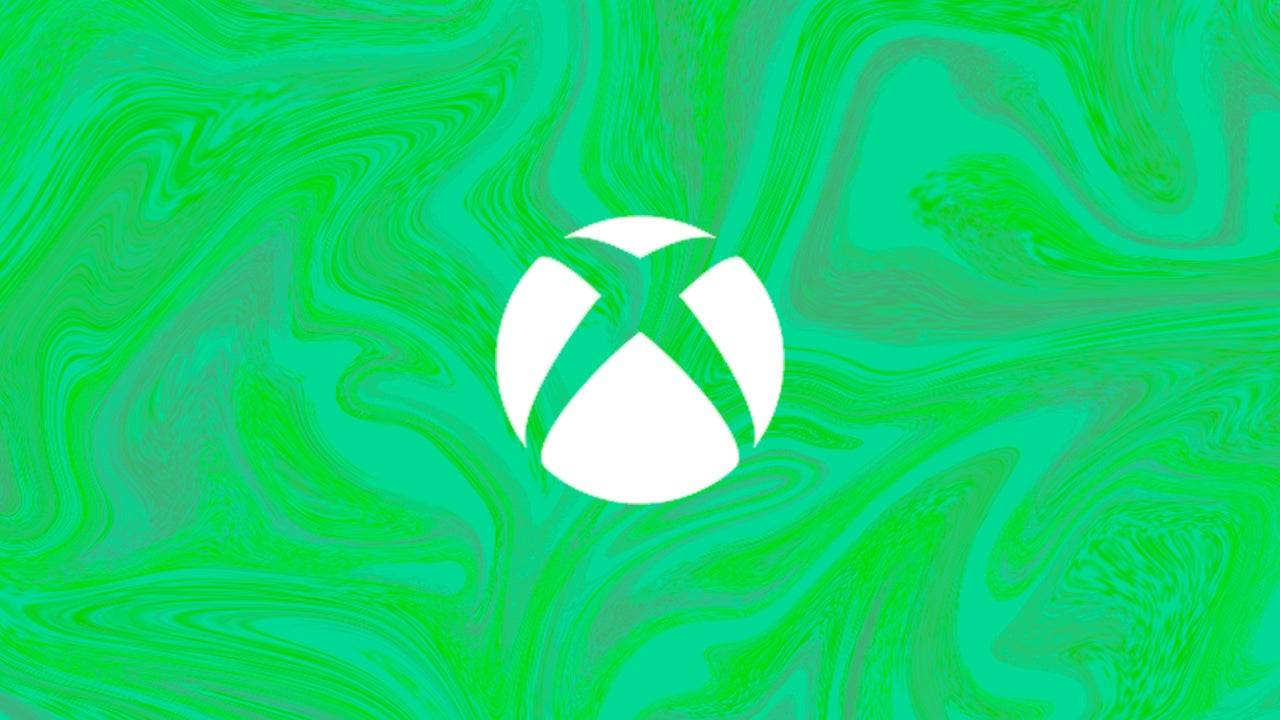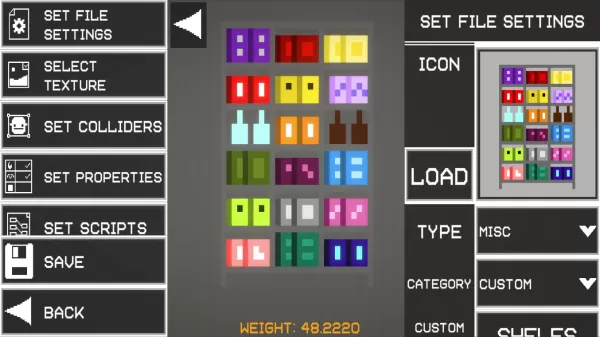For the last couple of generations, AMD has been striving to challenge Nvidia at the high end. However, with the AMD Radeon RX 9070 XT, Team Red has shifted its focus from the ultra-high-end segment dominated by the RTX 5090 to delivering the best graphics card for the majority of gamers—a goal it has successfully achieved.
The AMD Radeon RX 9070 XT is a $599 graphics card that goes head-to-head with the $749 GeForce RTX 5070 Ti. This positioning alone makes it one of the top GPUs on the market today. But AMD doesn't stop there; it enhances the value proposition with FSR 4, introducing AI upscaling to AMD graphics cards for the first time. This makes the Radeon RX 9070 XT the ideal choice for 4K gaming, especially if you're not willing to spend $1,999 on the RTX 5090.
Purchasing Guide
The AMD Radeon RX 9070 XT will be available starting March 6, with a starting price of $599. Be aware that prices can vary, as third-party models may be priced higher. Aim to purchase one for under $699 to get the best value.
AMD Radeon RX 9070 XT – Photos
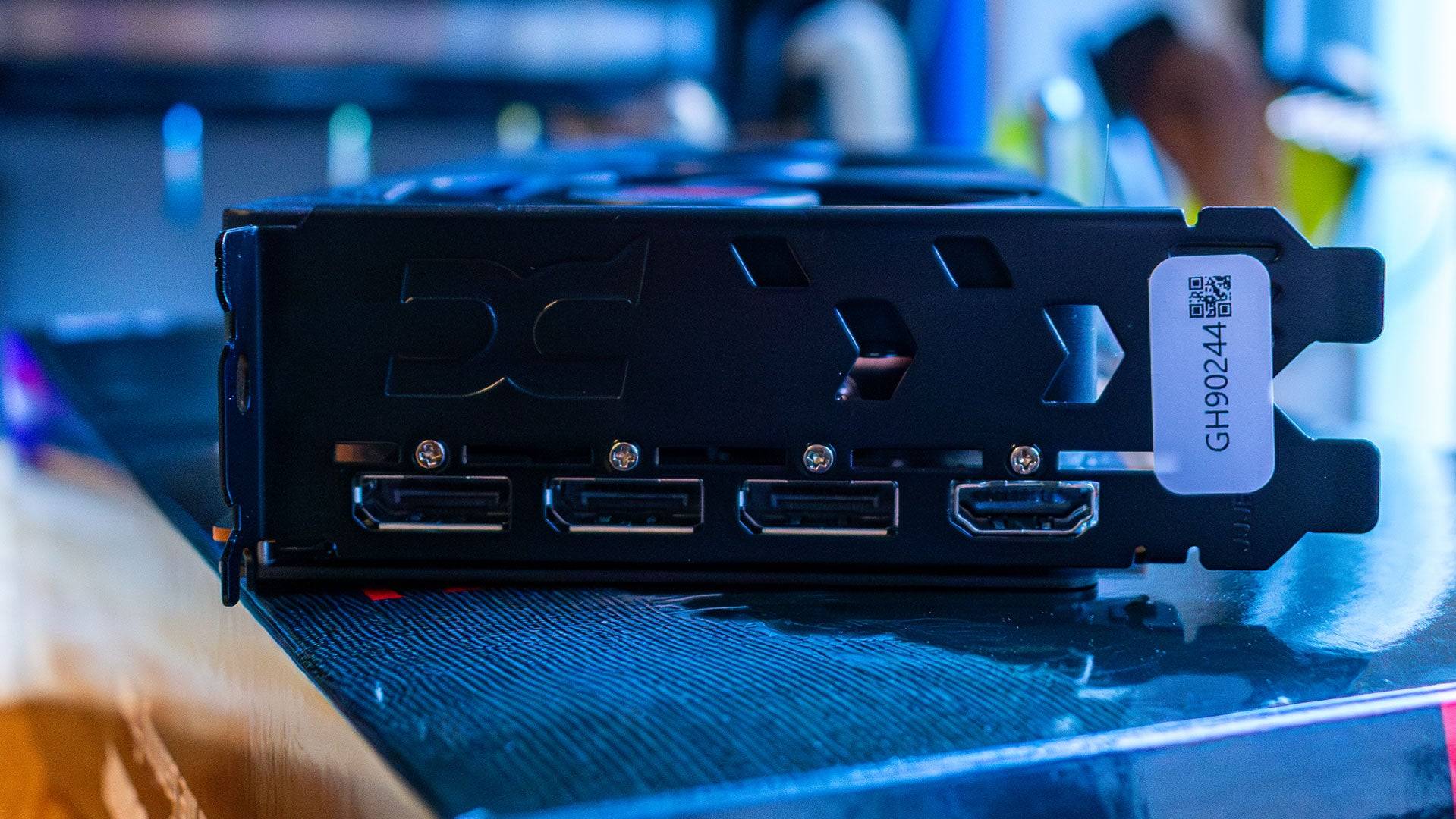
 4 Images
4 Images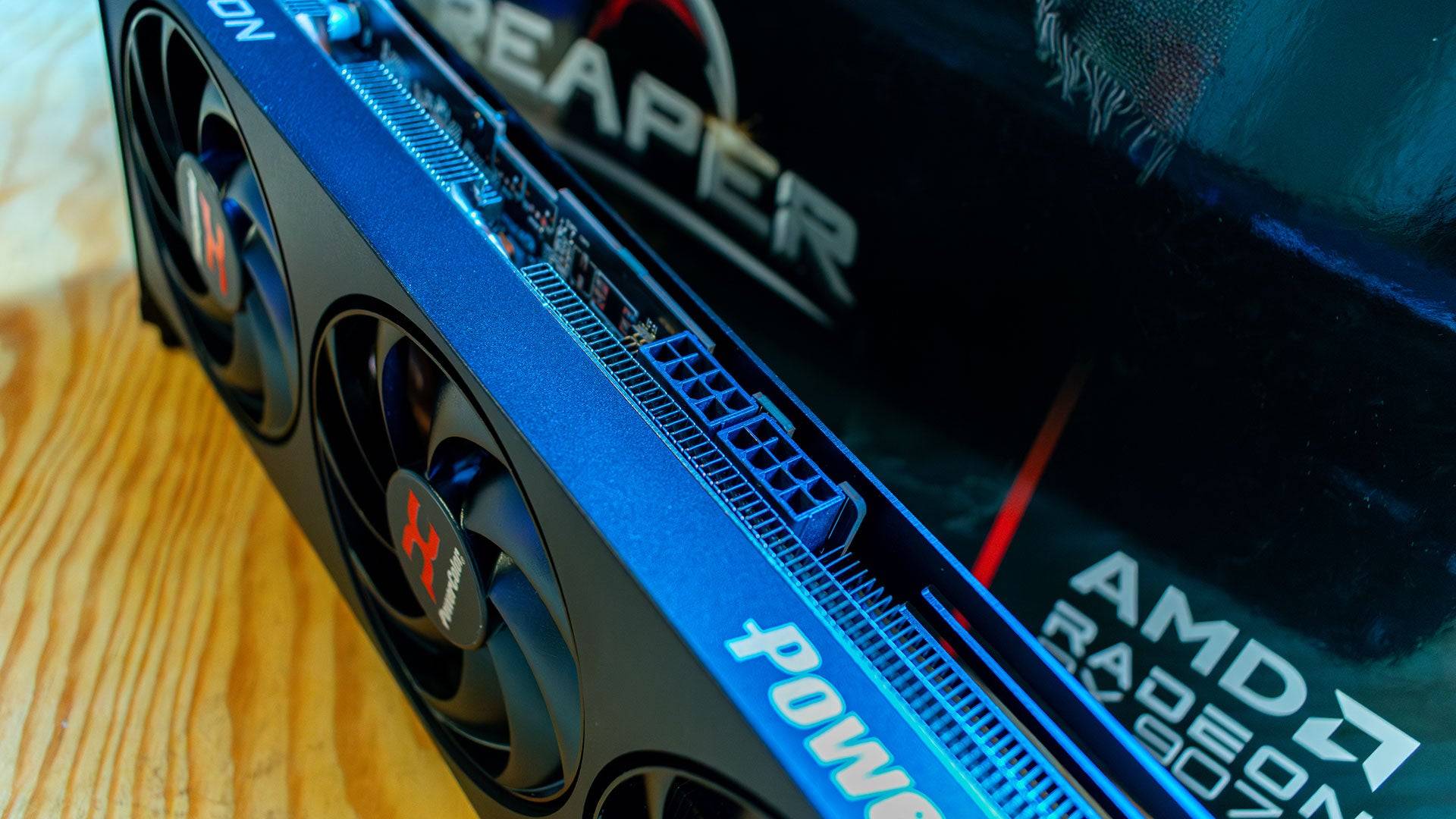
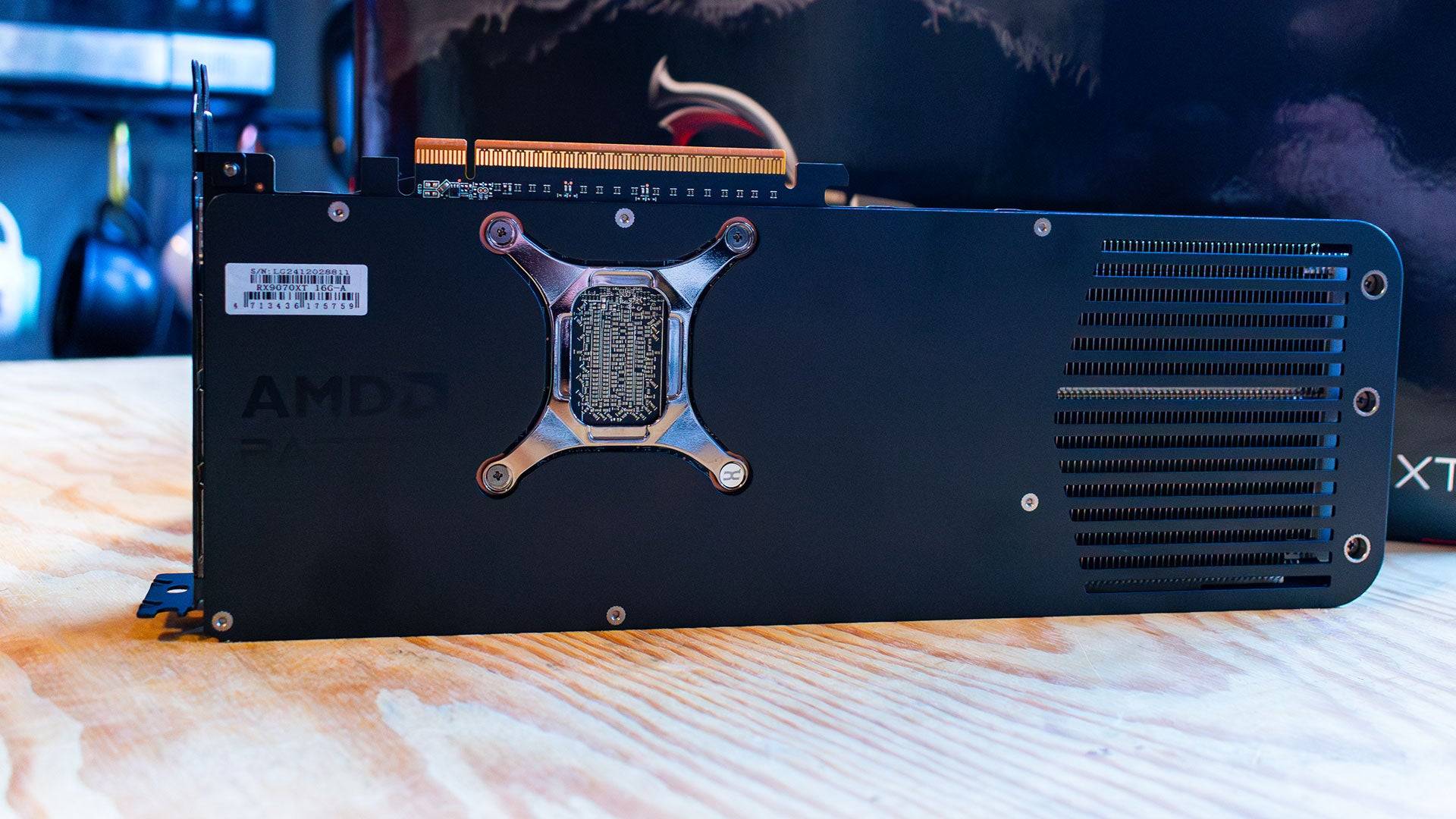
Specs and Features
The AMD Radeon RX 9070 XT leverages the RDNA 4 architecture, bringing significant enhancements to its shader cores, RT, and AI Accelerators. The AI Accelerators are pivotal for FidelityFX Super Resolution 4 (FSR 4), marking the debut of AI upscaling on AMD GPUs. While FSR 4 may not boost frame rates compared to FSR 3.1, it significantly enhances image quality. For those prioritizing frame rates, the Adrenalin software offers a convenient toggle to disable FSR 4.
Beyond AI upscaling, AMD has upgraded the shader cores, enhancing performance per core. Despite the Radeon RX 9070 XT having fewer Compute Units (64) than its predecessor, the RX 7900 XT (84), AMD has achieved a notable performance leap at a lower launch price. Each Compute Unit contains 64 Streaming Multiprocessors, totaling 4,096, alongside 64 ray accelerators and 128 AI accelerators.
However, the RX 9070 XT comes with less memory than the RX 7900 XT: 16GB of GDDR6 on a 256-bit bus versus 20GB on a 320-bit bus. This reduction impacts memory capacity and bandwidth, but it's still sufficient for most 4K gaming scenarios. It's worth noting that AMD's continued use of GDDR6 means this downgrade is less than ideal.
The RX 9070 XT's power consumption is slightly higher at 304W compared to the RX 7900 XT's 300W, though my testing showed the older model peaking at 314W versus 306W for the 9070 XT. This modest power budget should not pose cooling challenges. Notably, AMD isn't releasing a reference design for the RX 9070 XT, so third-party manufacturers are your only option. I reviewed the Powercolor Radeon RX 9070 XT Reaper, which features a compact triple-fan design that maintained a stable 72°C during my tests.
The RX 9070 XT uses standard two 8-pin PCI-E power connectors, making it an accessible upgrade for most users, provided you have a 700W power supply as recommended by AMD. Connectivity includes three DisplayPort 2.1a and one HDMI 2.1b, meeting expectations for a modern graphics card. However, the inclusion of a USB-C port would have added valuable flexibility.

FSR 4
For years, AMD has sought an AI upscaling solution to rival Nvidia's DLSS. While previous versions of FidelityFX Super Resolution offered good performance, they suffered from ghosting and fuzziness. The Radeon RX 9070 XT addresses this with FSR 4, utilizing AI accelerators to upscale lower-resolution images to native resolution, improving image quality over FSR 3's temporal upscaling, though with a slight performance cost.
In Call of Duty: Black Ops 6 at 4K Extreme settings, FSR 3.1 yielded 134 fps, while FSR 4 dropped this to 121 fps—a 10% performance loss but with superior image quality. Similarly, in Monster Hunter Wilds at 4K max settings with FSR 3 and ray tracing, the RX 9070 XT achieved 94 fps, which fell to 78 fps with FSR 4—a 20% drop. This trade-off is expected, as AI upscaling is inherently more demanding than temporal upscaling. AMD assures that the improved image quality should compensate for the performance hit, especially in single-player games where visuals are paramount.
FSR 4 is an opt-in feature, easily disabled in the Adrenalin software if you prefer the performance of FSR 3.1.
AMD Radeon RX 9070 XT & 9070 – Benchmarks
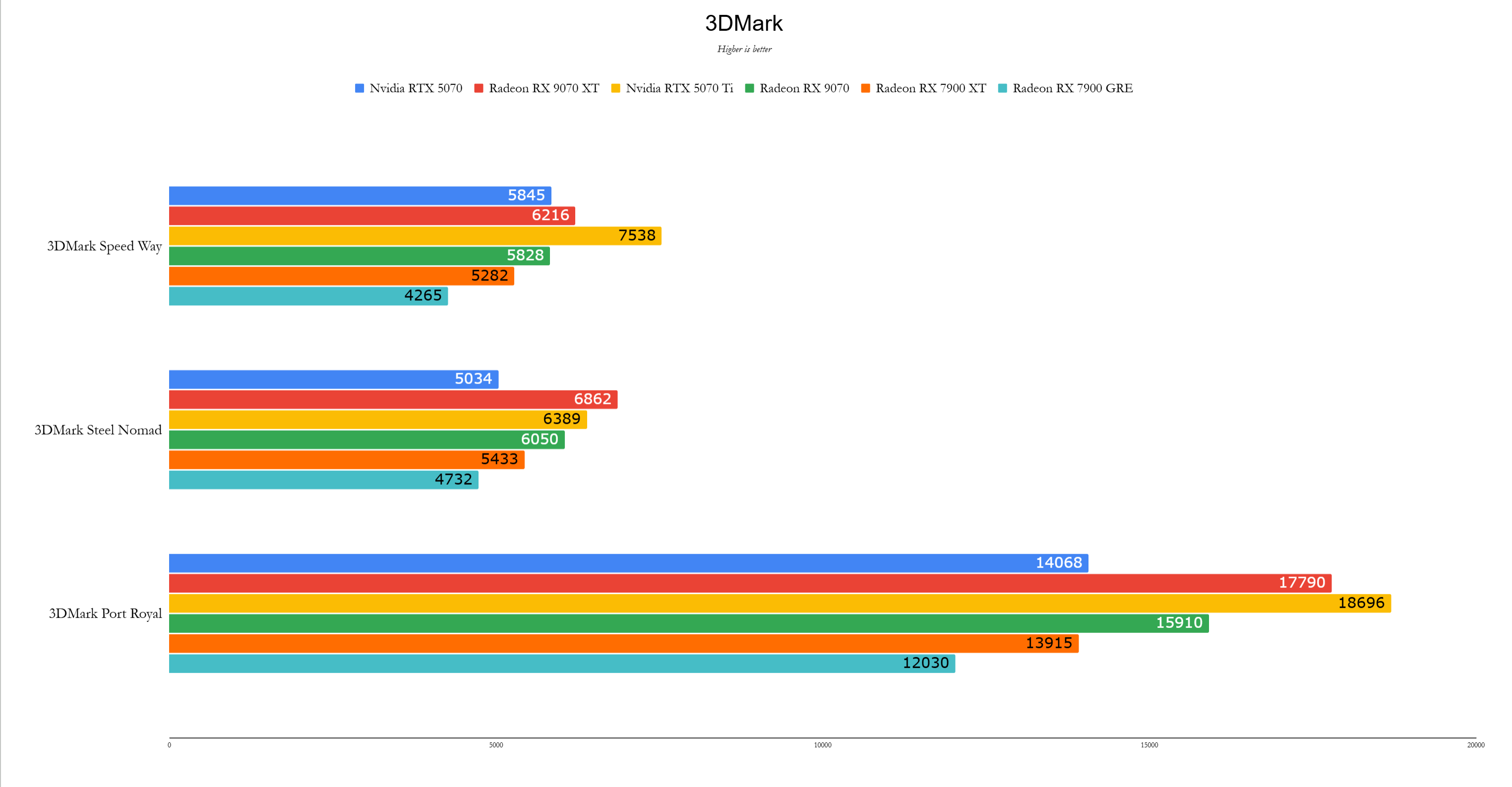
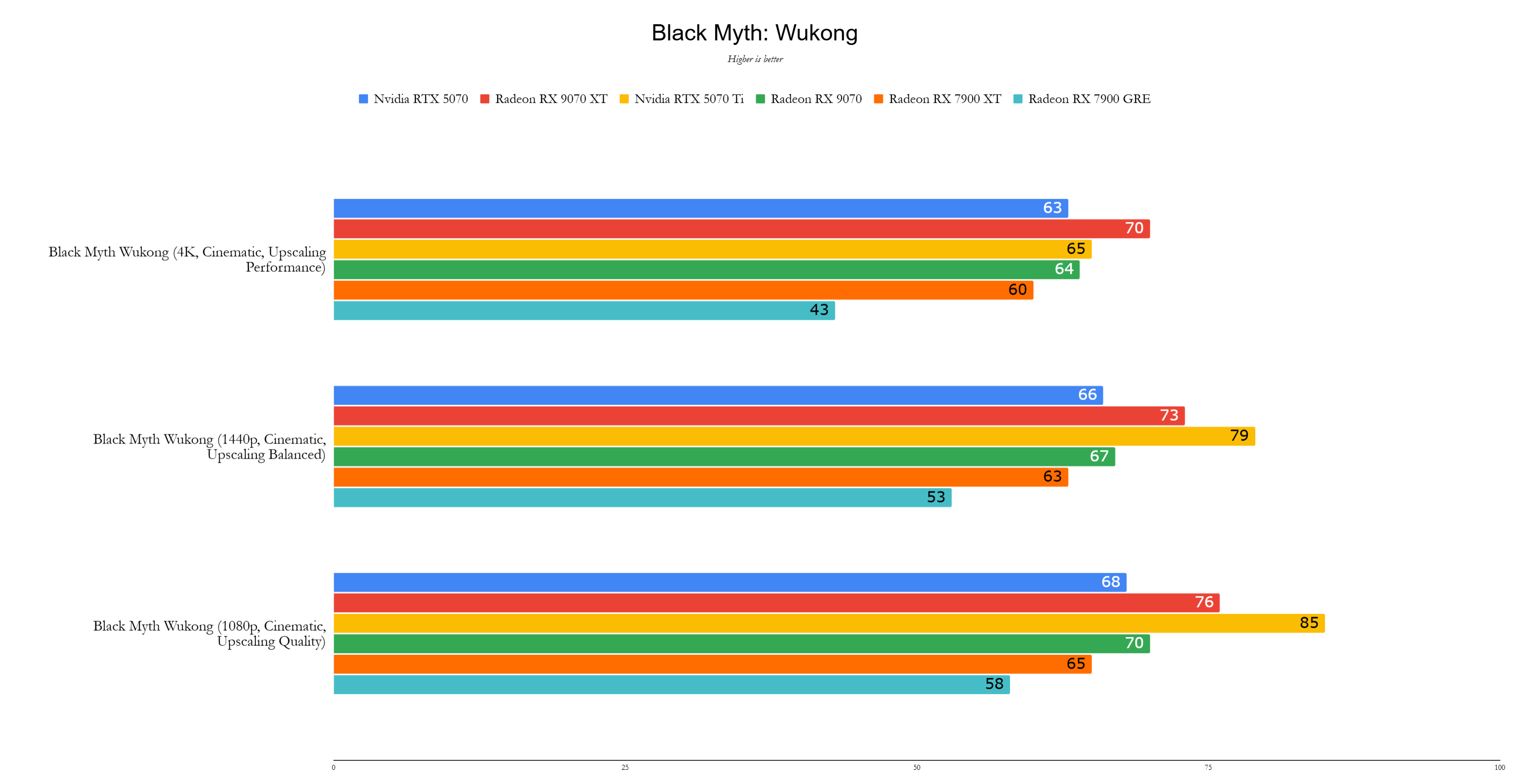 11 Images
11 Images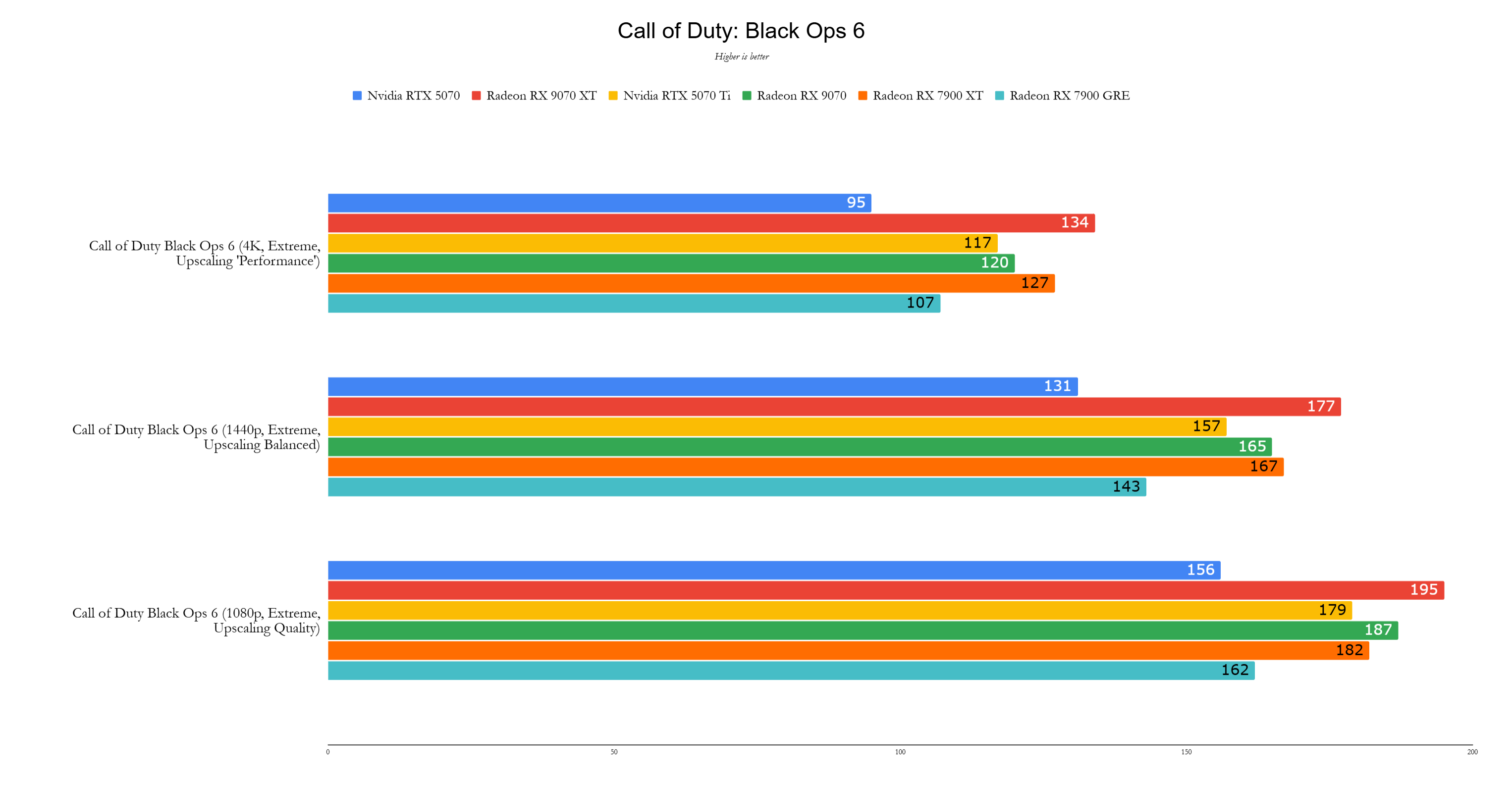
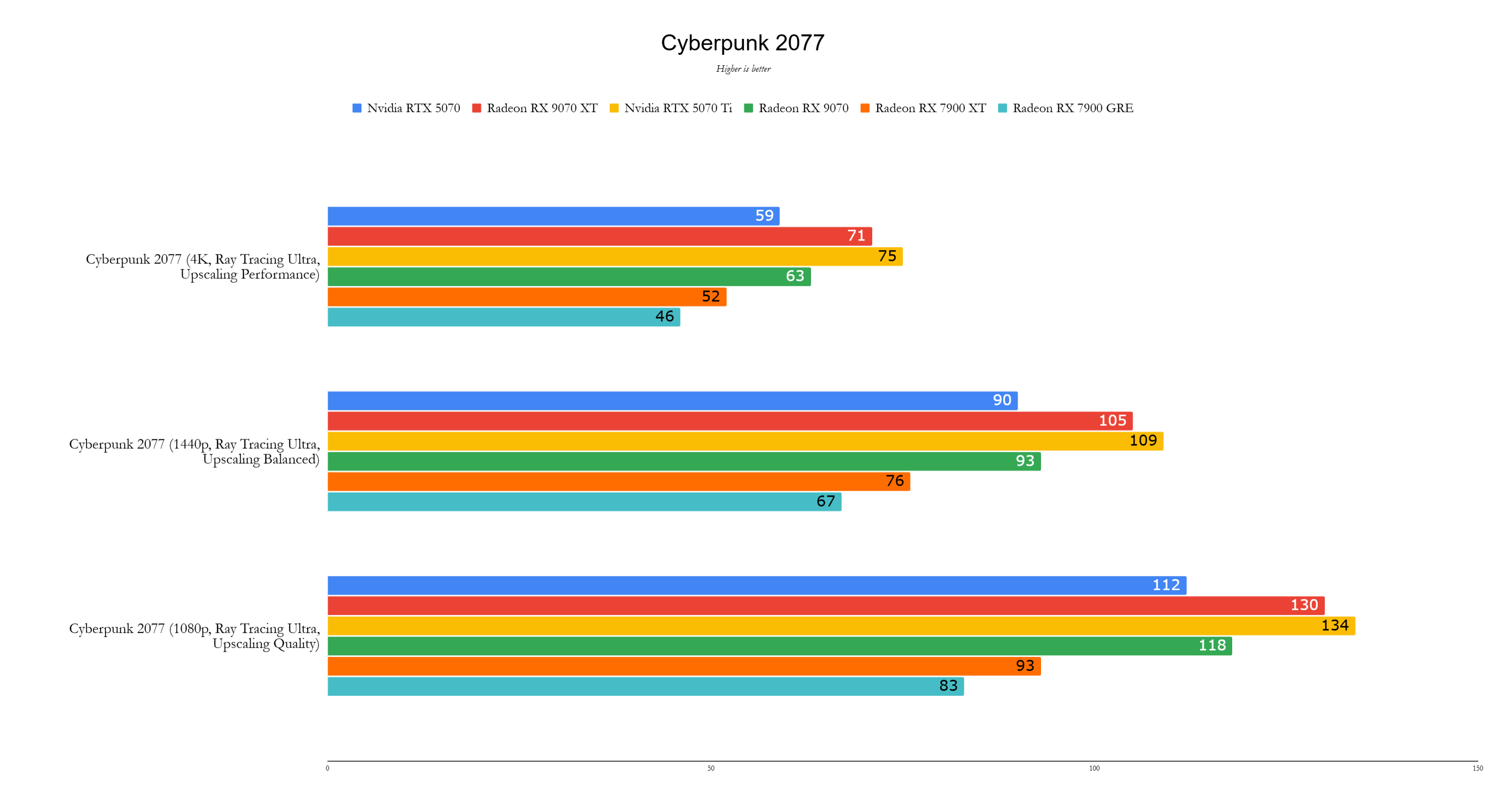
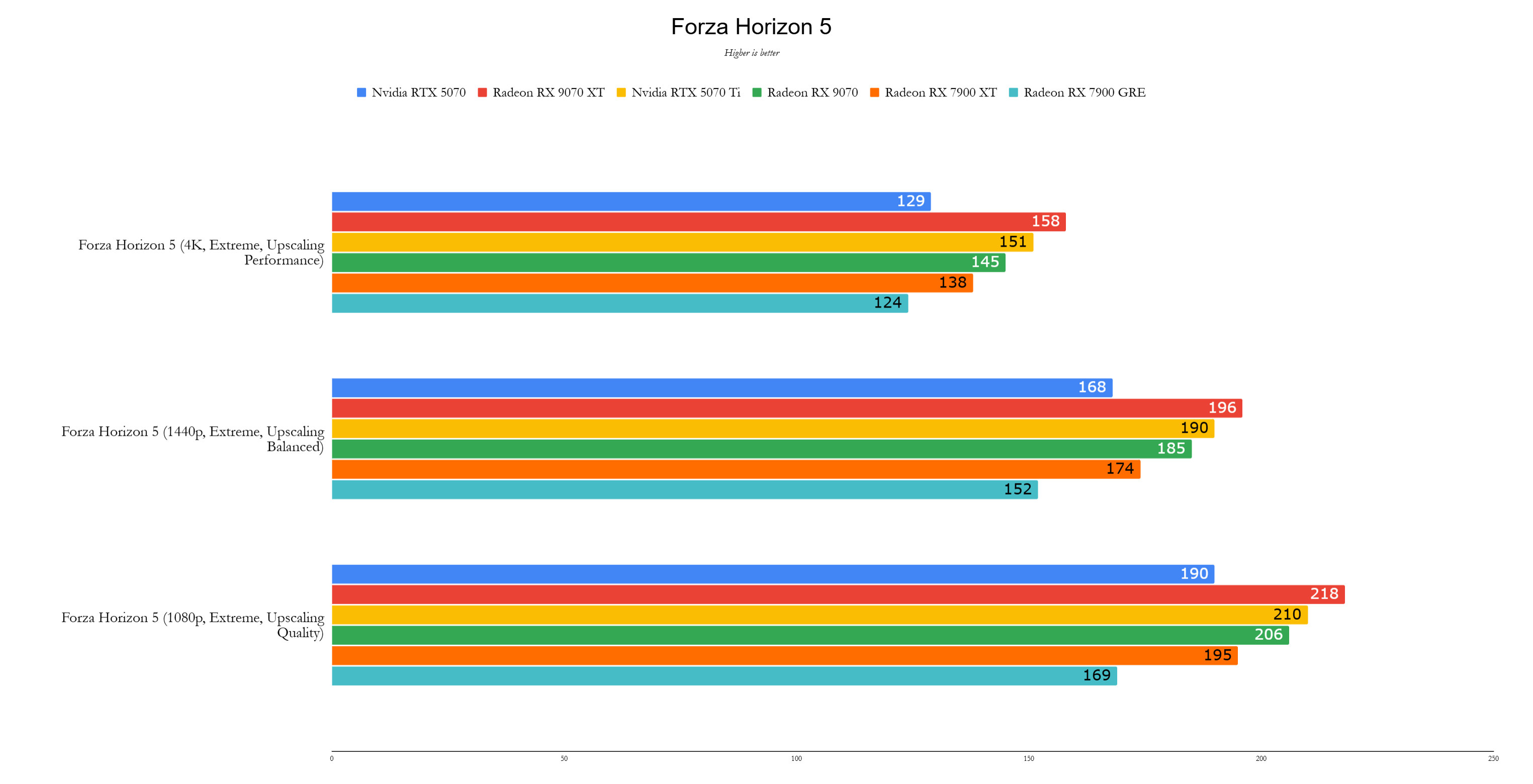
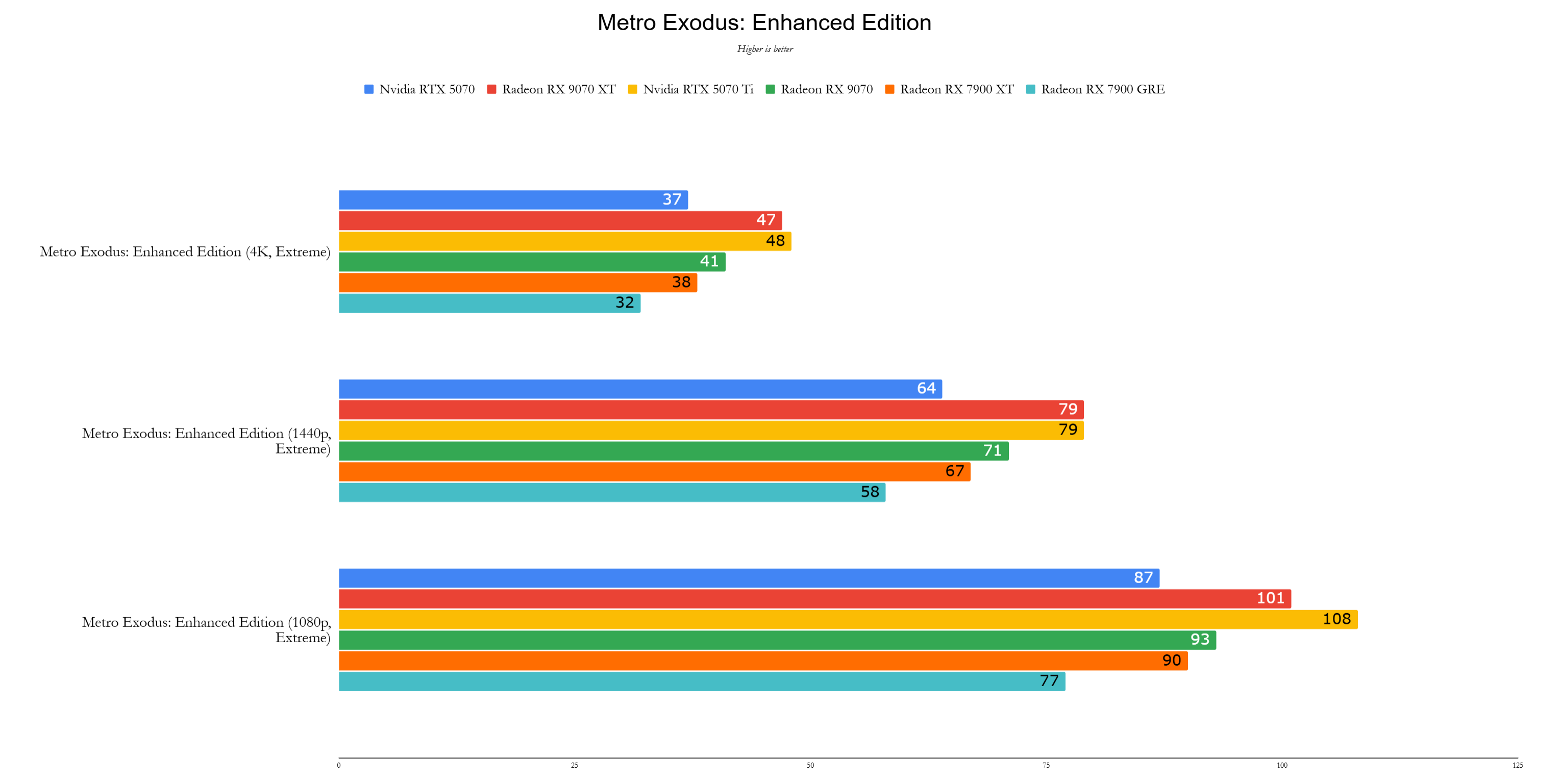
Performance
AMD has delivered a compelling performance with the Radeon RX 9070 XT. Priced at $599, it undercuts the Nvidia GeForce RTX 5070 Ti by 21% yet delivers an average 2% faster performance. While the RTX 5070 Ti may outperform in some games, the close competition is a testament to AMD's prowess.
Across my test suite, the RX 9070 XT was 17% faster than the RX 7900 XT, which launched at $899 two years ago, and 2% faster than the $749 RTX 5070 Ti. The RX 9070 XT shines at 4K, maintaining its lead even with ray tracing enabled, making it an excellent choice for entry-level 4K gaming.
I tested all graphics cards using the latest drivers available: Nvidia cards on Game Ready Driver 572.60, except for the RTX 5070 on review drivers, and AMD cards on Adrenalin 24.12.1, with the RX 9070 XT and RX 9070 on pre-release drivers from AMD.
While 3DMark isn't a playable game, it provides a useful comparison of graphics card potential. The RX 9070 XT outperformed the RX 7900 XT by 18% in Speed Way but trailed the RTX 5070 Ti by 18%. In Steel Nomad, the performance gap widened to a 26% increase over the RX 7900 XT, and the RX 9070 XT even surpassed the RTX 5070 Ti by 7%.
Test System
- CPU: AMD Ryzen 7 9800X3D
- Motherboard: Asus ROG Crosshair X870E Hero
- RAM: 32GB G.Skill Trident Z5 Neo @ 6,000MHz
- SSD: 4TB Samsung 990 Pro
- CPU Cooler: Asus ROG Ryujin III 360
In Call of Duty: Black Ops 6, the Radeon RX 9070 XT outperformed the GeForce RTX 5070 Ti by 15%, while the RX 7900 XT trailed by only 6%, indicating a preference for AMD hardware in this game.
Cyberpunk 2077, traditionally favoring Nvidia, saw the RTX 5070 Ti lead by just 5% over the RX 9070 XT at 4K with the Ray Tracing Ultra preset and FSR 3 in performance mode.
Metro Exodus, tested without upscaling at 4K, showed the RX 9070 XT nearly matching the RTX 5070 Ti's 48 fps with 47 fps, a significant 24% improvement over the RX 7900 XT's 38 fps.
Red Dead Redemption 2 demonstrated excellent Vulkan performance on the RX 9070 XT, achieving 125 fps compared to the RTX 5070 Ti's 110 fps and the RX 7900 XT's 106 fps.
However, the RX 9070 XT fell 13% behind the RTX 5070 Ti in Total War: Warhammer 3, with 76 fps versus the RTX 5070 Ti's higher performance and the RX 7900 XT's 71 fps.
In Assassin's Creed Mirage, the RX 9070 XT reclaimed its lead, achieving 163 fps, outperforming the RTX 5070 Ti's 146 fps by 12% and the RX 7900 XT's 150 fps by 9%.
The most surprising victory for the RX 9070 XT was in Black Myth Wukong, where it achieved 70 fps at 4K with the Cinematic Preset and FSR set to 40%, compared to the RTX 5070 Ti's 65 fps—an 8% lead. This is notable given the game's intense ray tracing effects, where AMD has historically lagged behind Nvidia.
Forza Horizon 5, despite its age, saw the RX 9070 XT slightly ahead with 158 fps compared to the RTX 5070 Ti's 151 fps, a 5% improvement.
Quietly announced at CES 2025, the Radeon RX 9070 XT feels like AMD's strategic counter to Nvidia's Blackwell graphics cards. At $599, it represents a return to sensible pricing in the graphics card market. While not as fast as the RTX 5080 or RTX 5090, those cards are overkill for most users and cost at least $400 more.
The last great flagship graphics card was arguably the GTX 1080 Ti, which launched at $699 in 2017. The RX 9070 XT, while not claiming the title of the fastest consumer card, feels like the first worthy flagship since then.


 4 Images
4 Images


 11 Images
11 Images



 LATEST ARTICLES
LATEST ARTICLES 